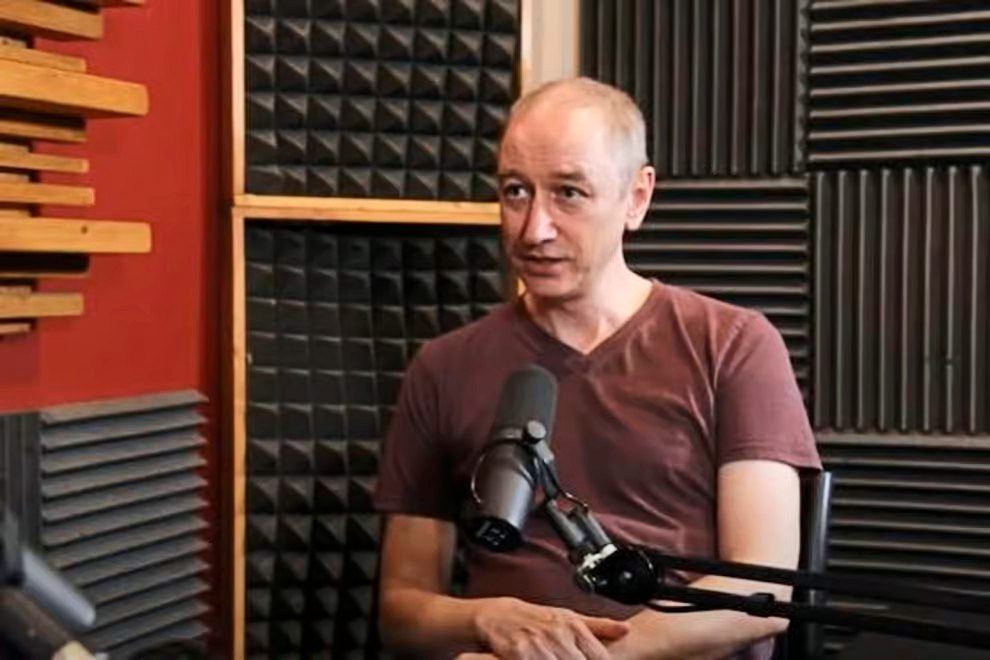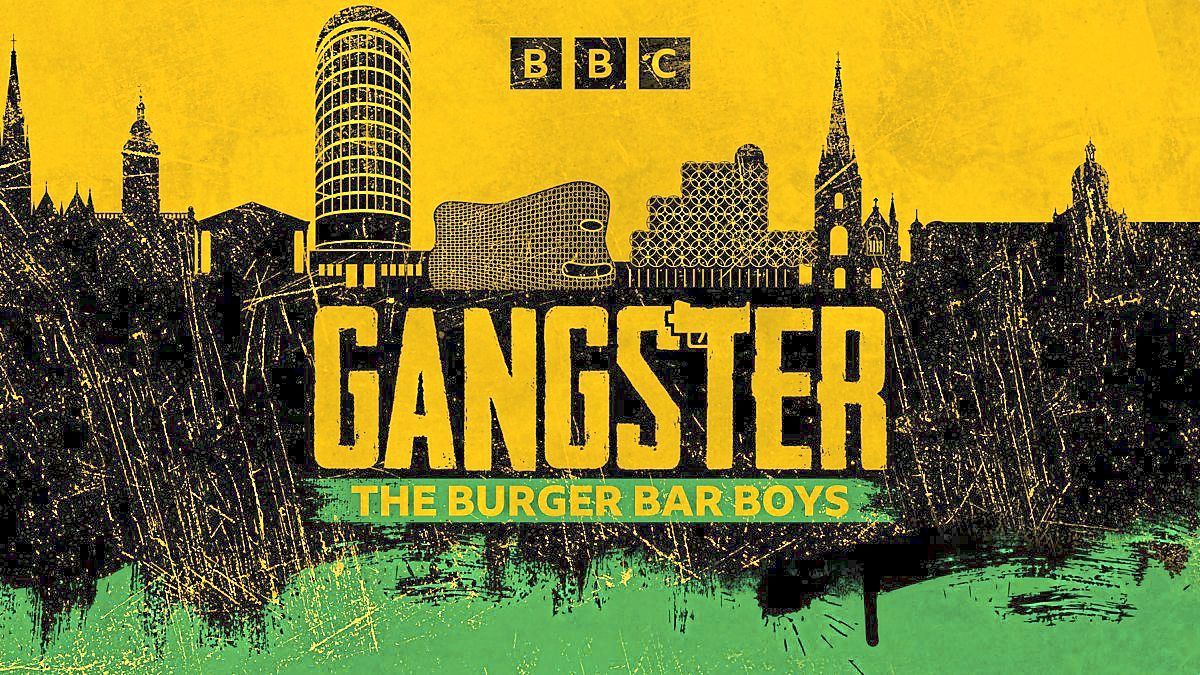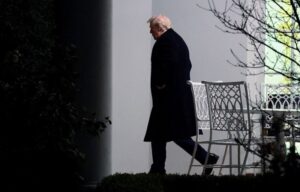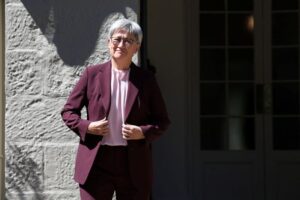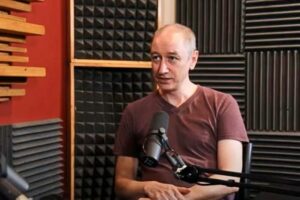RETIRED British undercover cop Neil Woods first bought heroin from a 12-year-old child in 2001.
“He walked alongside me and smashed my head into a lamppost just to make it clear he was boss. He was the dealer. I was the punter,” he recalls.
Six months before that, he would not have done that, Woods notes. When he first met him, the boy was a happy pre-teen who was always smiling and joking.
“I watched him, over the space of six months, become the ‘adult’ that he’d been becoming,” says Woods, who spent seven months undercover as a heroin addict to infiltrate the violent Burger Bar Boys gang that terrorised Northampton in the United Kingdom back in the early 2000s.
Throughout those seven months, Woods says he experienced being stripped naked, beaten, threatened, and had a gun pointed in his face.
“I was quite convinced I was going to die on multiple occasions.”
At the end of the terrifying experience, the British police mobilised and arrested 96 people involved in the illicit drug trade in the East Midlands city, including the six main leaders of the Burger Bar Boys gang.
“I remember thinking to myself, wow, this is going to completely stop the drugs war, because we’ve caught everyone who were doing the deals. Everyone.”
But Woods was destined to be disappointed – the “win” only lasted two hours.
That’s how long the arrests cut off Northampton from drug supply lines, before another gang moved in to occupy the void, he said at the recent Malaysia’s Drug Policy Summit 2025.
“Seven months of work, being quite convinced I was going to die on multiple occasions, for the sake of interrupting that protocol for two hours. That’s all it took for another gang to be very happy about taking up that opportunity that I had created.”
And what about that child who spent six months learning how to be violent and ruthless?
Woods says their exchange on the street was the last time he saw him, but he’s not optimistic that the boy got out of that drug gang life.
The only reason for that, says Woods, was “because of prohibition, because of the drug laws that we have created”.
“We have created this situation where violence erupts on our streets, where our vulnerable young men are being corrupted.
“We have created this by a decision policy.”
Having faced the cost of criminalisation so intimately, Woods now advocates for the decriminalisation of drug use.
“I want to make something really clear, and that is that organised crime does not want decriminalisation.
“The situation is that it [criminalisation of drugs] suits them very well,” he says.
Aside from recruiting desperate people into the illicit drug trade, organised crime also benefits from drug users being sent to prison, claims the retired cop.
“There is not a drug-free prison in the world anywhere.
“Drugs in prison are between two to four times more expensive. Generally, drugs are supplied on credit, and this creates debt bondage.
“People, family members, friends, or whoever it is on the outside of the prison are routinely exploited for that growing debt.
“When people are released from prison, they are responsible for the debt and generally are exploited to commit more crime, which adds to the economic pressure on policing,” he says.
Even if solely for the economic reasons alone, it is valuable to policing to keep people out of prison, he says.
“Therefore, decriminalisation benefits policing,” he says.
He points to Portugal which has had tremendous success with their decriminalisation policy, saying the country has reduced its problematic consumers with that move.
“The record is they had 100,000 and now they have 33,000, which means they have reduced the financial value in that market.”
Also speaking at the summit, ACP Chandra Segaran Subramaniam of the Royal Malaysia Police’s Narcotics Crime Investigation Department acknowledges the effectiveness of decriminalisation in Portugal.
But while he agrees that decriminalisation may indeed be able to reduce overcrowding in prisons, he stresses that it may not necessarily get rid of the illicit drug trade.
As he points out, Portugal is now dealing with the distribution of new types of drugs, even after decriminalisation.
“Do we have the capability to deal with the spread of new types of drugs? That’s what we have to be very careful and mindful about when we talk about drug policies.
“That is the position of the PDRM.”
